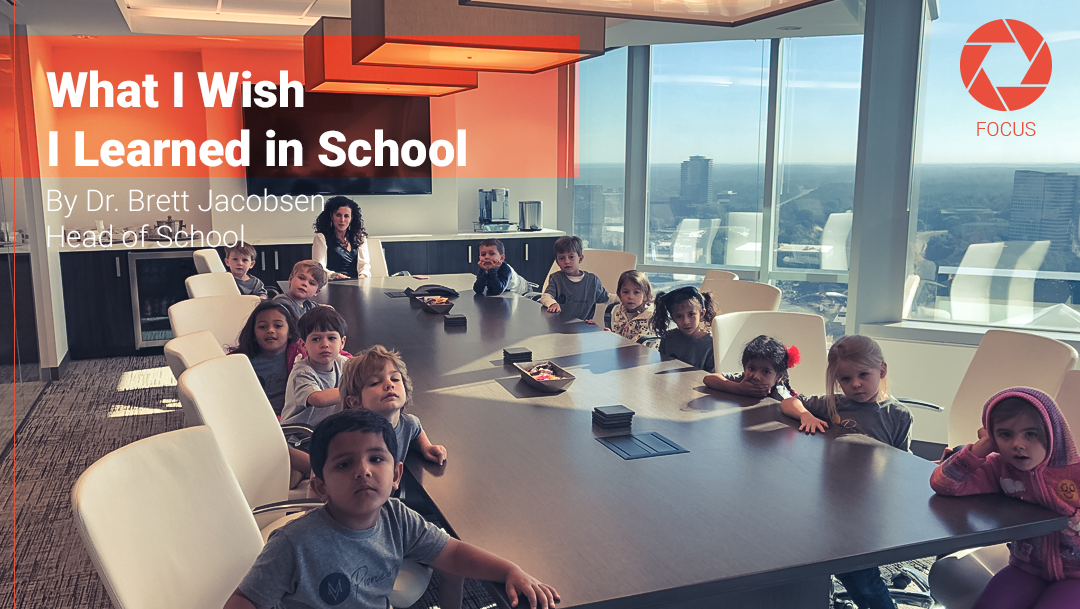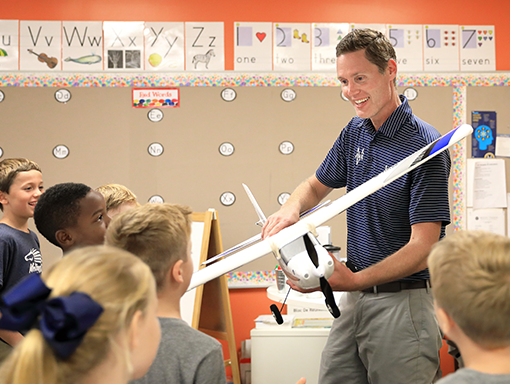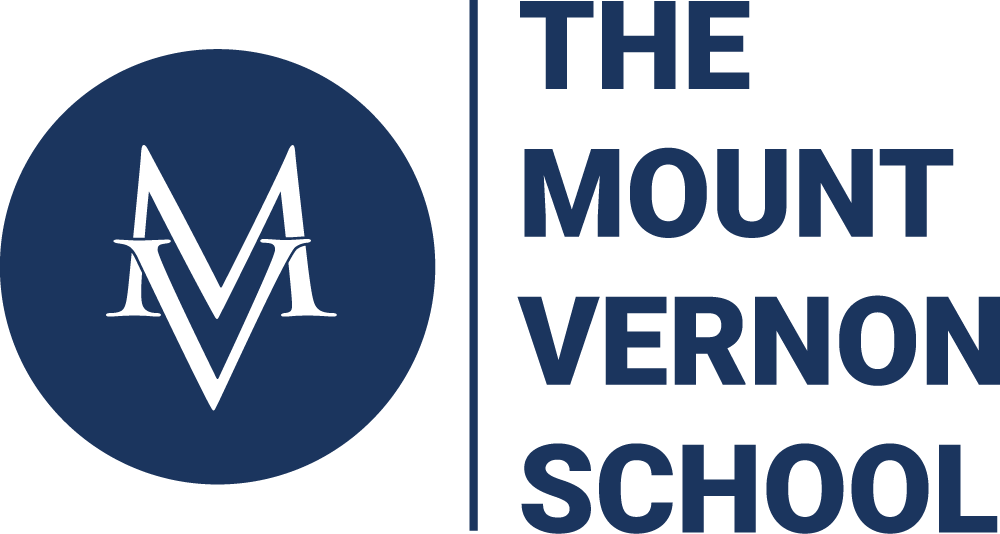Contributed by Brett Jacobsen

What Do You Wish School Could Have Been?
Over the years, I have heard leading executives, mid-level managers, parents, and even teachers comment about what they did not learn from school or what school did not teach them. Blog posts, articles, and books have been written about the “things I wish I learned in school.”
What do you wish you would have learned in school? What do you actually remember from your high school experience? Most of the time, stories reflect a favorite teacher or fun event with friends. What about all those hours of studying in college? What did you retain? How much of it do you use today?
Has school become just a rite of passage? Colleges expect it. Employers require it. Have we lost the meaning of what school is and does? Is my value only worth a list of courses and set of numeric averages?
Identifying the Gap
At Mount Vernon, we believe that a gap exists between school-life and real-life.
This generation can’t wait for us to catch up. They confront a future of accelerated change and constant disruption.
According to the World Economic Forum in the Future of Jobs Report, 65% of children entering school today will ultimately end up in completely new job types that don’t yet exist. On average, by 2020, more than one-third of the desired core skill sets of most occupations will be comprised of skills that are not yet considered crucial to the job today.
Understanding the demands of the future, there seems to be a premium on a certain set of skills–complex problem solving, critical thinking, creativity, people management, emotional intelligence, and coordination.
Closing the Gap
As a school of inquiry, innovation, and impact, MVx — Mount Vernon’s new strategic plan — attempts to close the gap for this generation of students. Over the next five years, we will continue on a transformative journey addressing three intentional areas:
- Equipping students with relevant knowledge, skills, and dispositions and measuring them against 21st century real-world demands and expectations.
- Tapping into the curiosity and passion of students to optimize full engagement, deep learning, and transferability now and the future — college, career, and citizenship.
- Setting the conditions for students to engage a diverse network of experts beyond the walls of Mount Vernon, making connections between people, ideas, and sectors.
Dr. Brett Jacobsen

Dr. Brett Jacobsen has been the Head of School at Mount Vernon since 2009 and was recently named one of Atlanta’s Most Admired CEOs. Listen to his podcast Design Movement, a learning and leadership conversation in education, business, and the non-profit community.


